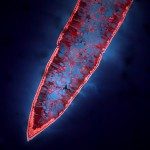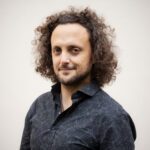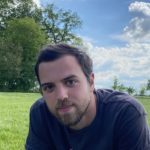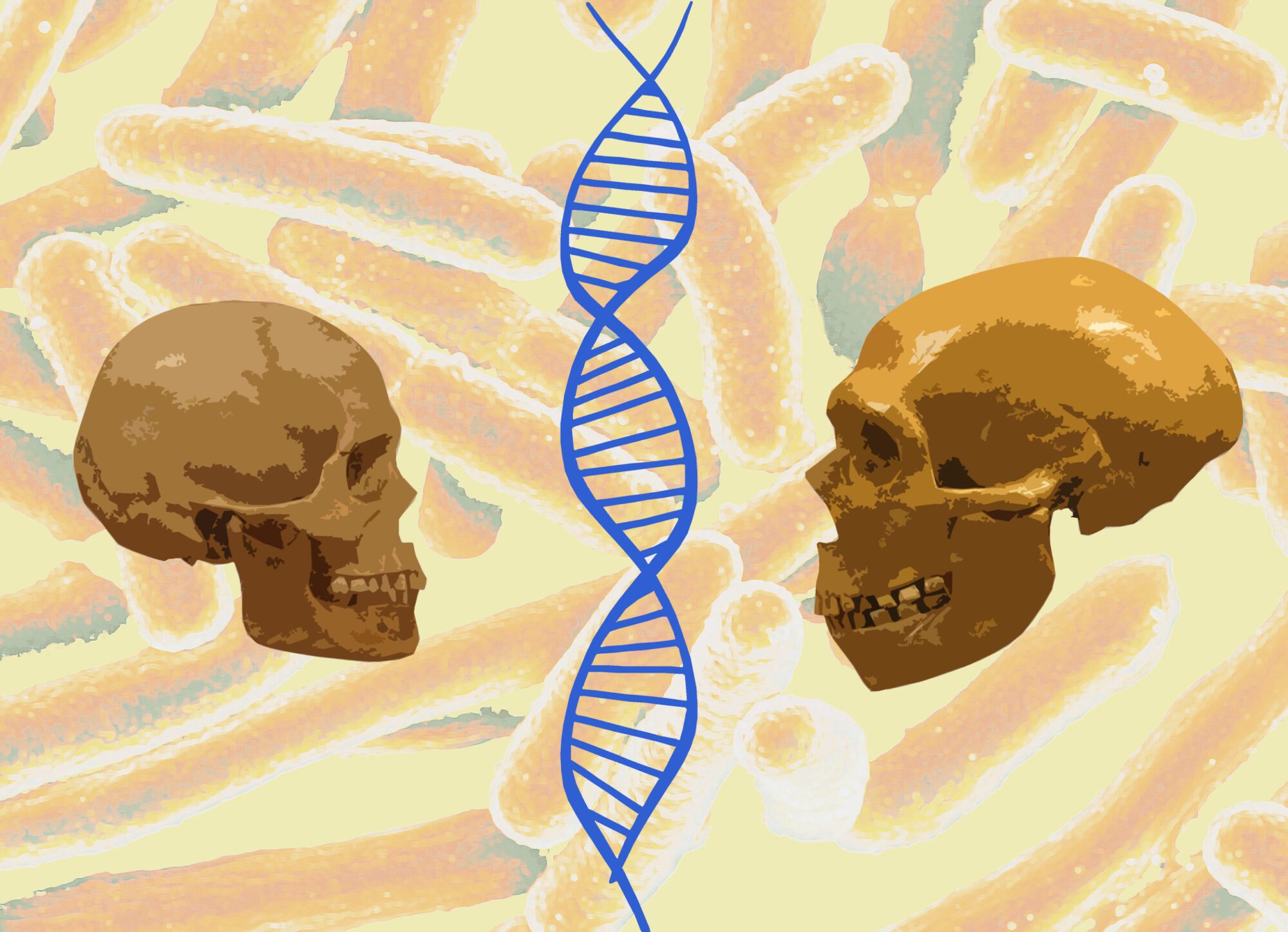This Mooc aims to provide basic knowledge on population genetics and the help of genetics in the study of human migrations and human adaptation to extreme conditions.
At the end of this course, you will be able to:
- Define what is population genetics
- Explain the factors responsible for genetic diversity
- Describe the genetic history of our species on the 5 continents
- Identify how humans have adapted to the great diversity of environments
- Discuss the importance of the Neanderthal genome in our genetic heritage
Description:
This course aims to provide a basic fundamental knowledge of population and evolutionary genetics applied to humans, and illustrates this field with multiple research examples. We will describe the main drivers of our genetic diversity, including mutation, recombination, genetic drift and natural selection. Furthermore, we will explain how different approaches in population genetics can shed new light onto the demographic history of our species, our dispersals around the world, the occurrence and intensity of admixture with archaic humans and between modern human populations, and genetic adaptation to environmental changes.
Registration on: https://www.fun-mooc.fr/en/courses/human-population-and-evolutionary-genetics/
Know the diploma online Diploma of Infectious Diseases – DNM2IP
Pôle Enseignement Numérique






